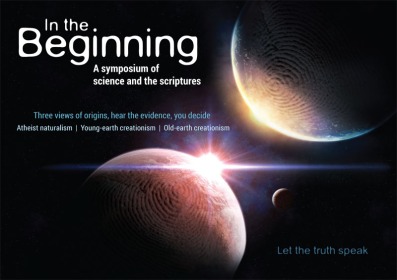There’s a fantastic article at The Weekly Standard about Thomas Nagel. Nagel may not be as much of a household name as Dawkins, but he is probably America’s most prominent philosopher and a serious intellectual heavyweight. But his latest book, Mind and Cosmos: Why the Materialist Neo-Darwinian Conception of Nature Is Almost Certainly False, was roundly attacked by the self-proclaimed “brights” of atheism. In short, Nagel thinks that the worldview of philosophical materialism is wrong, despite being a very useful presupposition of science. For voicing these thoughts, Nagel has been branded a heretic by his fellow atheists.
The most interesting aspect of this drama is that Nagel is actually just voicing what every one of those critics believes. Or at least, he’s voicing the line of thought that is revealed by their actions. Because nobody actually lives as if materialism were true (unless they are certifiably insane). As the article puts it:
As a philosophy of everything [materialism] is an undeniable drag. As a way of life it would be even worse. Fortunately, materialism is never translated into life as it’s lived. As colleagues and friends, husbands and mothers, wives and fathers, sons and daughters, materialists never put their money where their mouth is. Nobody thinks his daughter is just molecules in motion and nothing but; nobody thinks the Holocaust was evil, but only in a relative, provisional sense. A materialist who lived his life according to his professed convictions—understanding himself to have no moral agency at all, seeing his friends and enemies and family as genetically determined robots—wouldn’t just be a materialist: He’d be a psychopath.
Continue reading →



